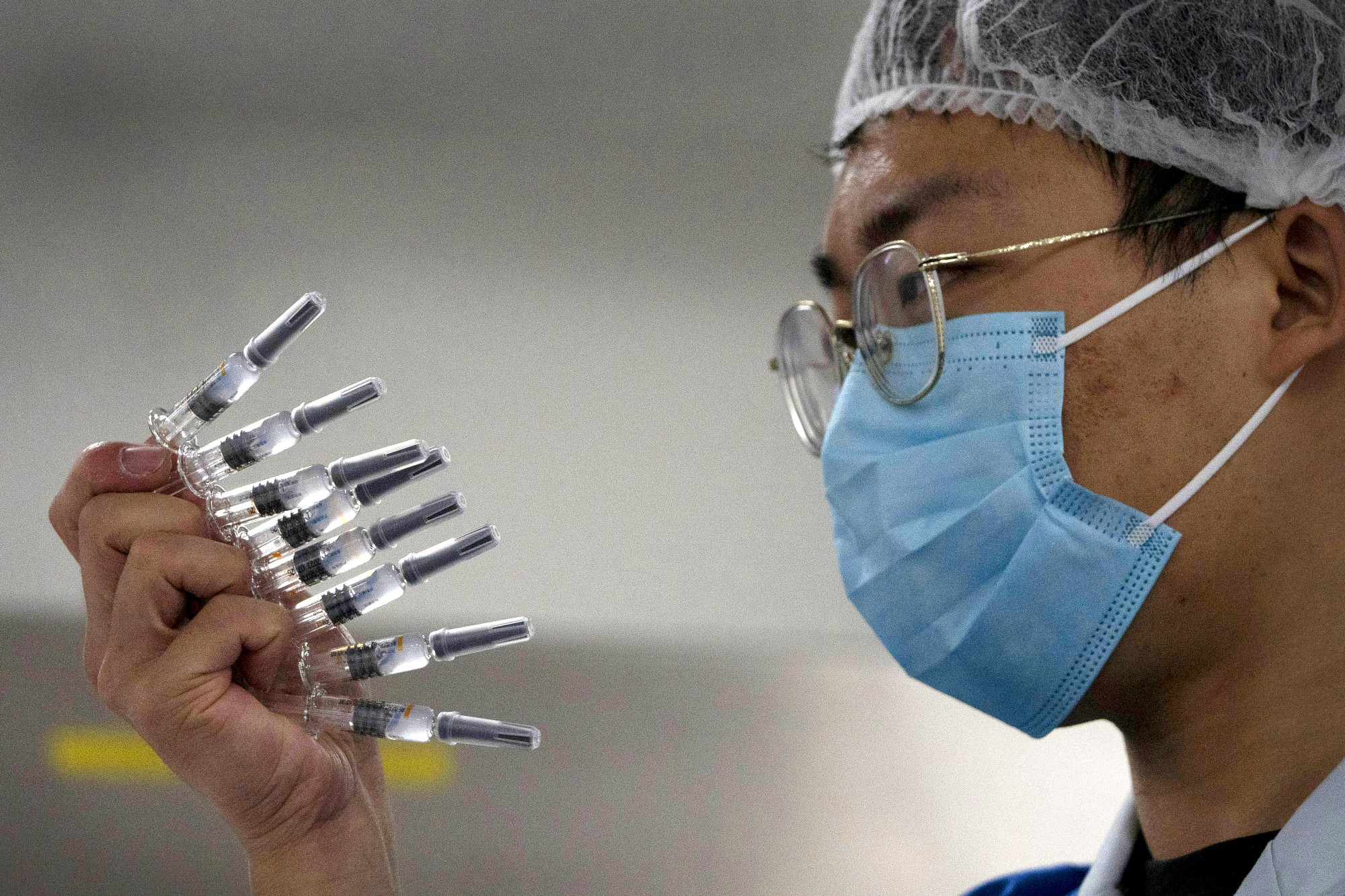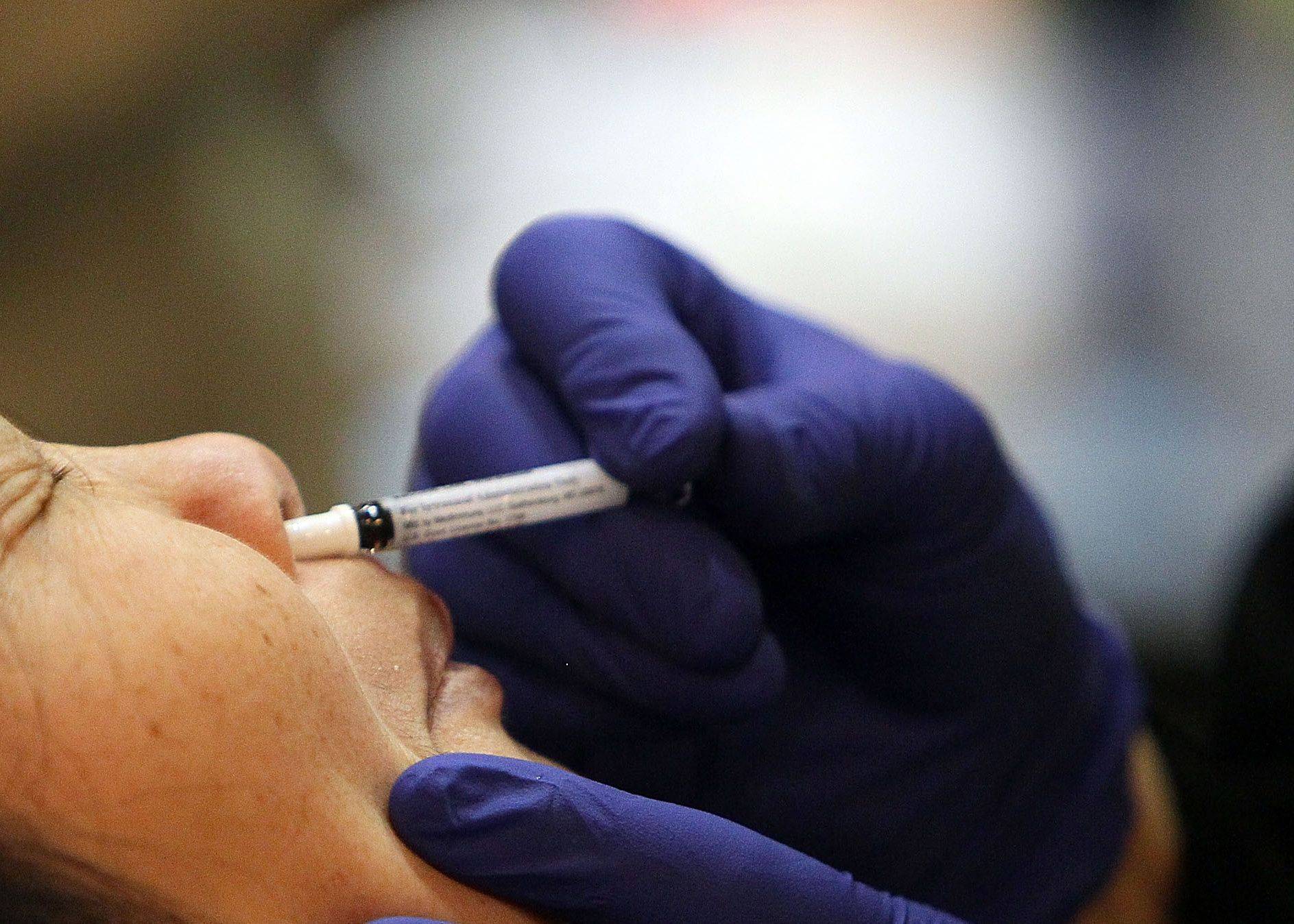As per the scientists, the Covid-19 vaccine candidate which can be administered through the nose has shown a reduction in both the impact of the disease and transmission of the virus in pre-clinical animal trials.
For the trial, the researchers at Lancaster University in the UK first exposed Hamsters (a type of rodent) to the SARS-CoV-2 virus and subsequently immunized them with two doses of the intranasal vaccine. They showed complete protection from a lung infection, inflammation, and lesions.
The researchers reported, “the two doses of the vaccine were found to significantly reduce the virus ‘shedding’ from the nose and lungs of the hamsters -suggesting the preventive has the potential to control infection at the site of inoculation.”
This should prevent both clinical disease and virus transmission, to halt the spread of the COVID-19 pandemic, they added.

Muhammad Munir, who led the study at Lancaster University said, “Our studies demonstrate that induction of a local immune response at the point of entry of SARS-CoV-2 has the potential to not only limit clinical disease but also- and perhaps even more importantly- virus transmission from infected to uninfected individuals.”
The team that includes researchers from Texas Biomedical Research Institute, US, made a note of the fact that though these injectable vaccines offer a significant reduction in hospitalization and death, there is currently no registered intranasal vaccine against COVID-19.
The nasal vaccine is based on a common poultry virus called the Newcastle Disease Virus (NDV), which shows reproduction in humans but is harmless. The scientists cultured NDV so that they could produce the spike proteins of the SARS-CoV-2 virus which causes COVID-19. This helped in tricking the body into producing an immune response against SARS-CoV-2.
The vaccine injected neutralizing antibodies in animals against several novel variants of SARS-CoV-2, increasing the possibility of protection in individuals taking this vaccine. Munir revealed, “After we administered the vaccine into the noses of hamsters and then infected them with SARS-CoV-2, we found almost no virus replication in the lungs and nasal wash of these animals. In contrast, animals given normal NDV showed easily detectable SARS-CoV-2 virus replication in their lungs and nasal washes.”

Professor Luis Martinez-Sobrido from Texas Biomedical Research Institute was also part of the study. He quoted, “Our study showed that this intranasal vaccine was safe and effective, providing the hamster’s protection against SARS-CoV-2.”
Talking about how this nasal route will help administer vaccines to children, Lucy Jackson-Jones, a lecturer at Lancaster University said, “We are excited by the scalability of this nasal vaccine which we hope will contribute to reducing vaccine inequity, allowing equal access to vaccination globally. Nasal delivery is also a more appealing delivery route for use in children.”
According to researchers, the nasal vaccine will be advantageous over its contemporaries. They said, “A vaccine nasal spray offers several advantages over conventional approaches including non-invasive administration, the induction of local immunity as well as being an alternative for people afraid of needles or with other medical conditions. There is currently an intranasal influenza vaccine registered for human use so administering a vaccine in this way has already been proven to be effective.”


